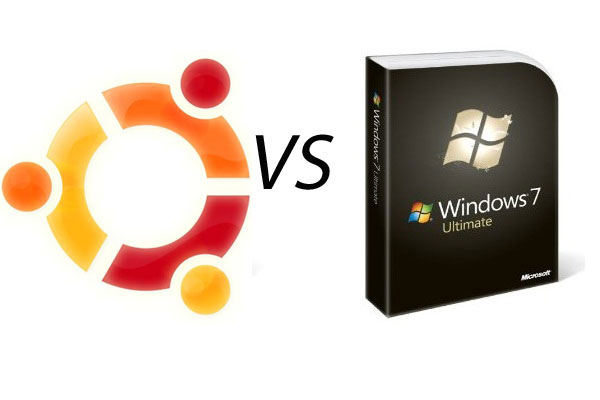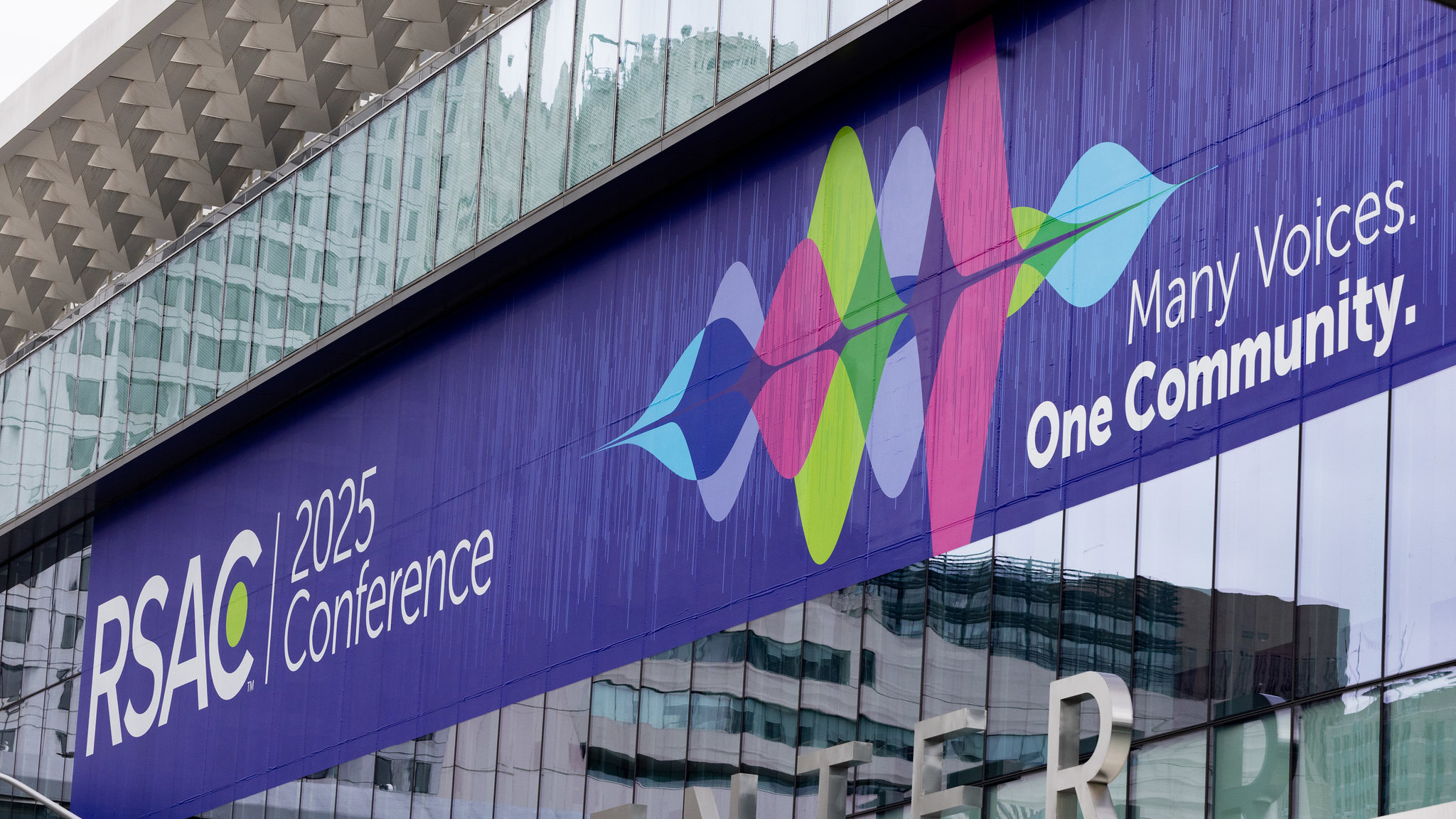Head to Head: Windows 7 vs Ubuntu 9.10
Windows 7 turns to face its latest challenger in the form of Ubuntu 9.10, the latest and greatest flavour of Linux to be released.


One of the key selling points of Ubuntu is that it gives you a great deal of what you need right there in the installation. Top of the list is a fully working Office Suite, in the form of Sun's Open Office, and it immediately impressed by being able to open a Word 2007 docx file, when we feared it would casue an issue.
You also get Firefox 3.5 for the web, Empathy for instant messaging, Evolution, a client for handling mail and a calendar, Gimp, for image editing and F-Spot for photo management. You get a functional media player built-in, a disc burning tool, a music player and even a bit-torrent client.
Of course, you can download Open Office and Gimp on your Windows PC too, but brownie points are awarded for them being ready and waiting in Ubuntu.
Conversely, Microsoft has decided to remove many applications from Windows 7 by default, so you have to download Messenger, Windows Mail, Photo Live Galley and Movie Maker as part of the Live Essential pack. Either this is to keep anti-trust suits off its back, or to keep that installation process light. Or probably a bit of both, but there you go.
Ubuntu also has superior connectivity with the cloud built-in thanks to its Ubuntu One service that offers up to 2GB of free storage. Microsoft meanwhile has Live Mesh for download and SkyDrive, which will give you 25GB for free but many users will not know about this.
Multimedia support is better in Windows. It will install DVDs straight out of the box and there's nothing in Ubuntu to compete with Windows Media Centre for a 10-foot media interface for use when sitting on the sofa.
Overall though, the built-in feature count is stacked in Ubuntu's favour.
Get the ITPro daily newsletter
Sign up today and you will receive a free copy of our Future Focus 2025 report - the leading guidance on AI, cybersecurity and other IT challenges as per 700+ senior executives
Winner: Ubuntu 9.10
Benny Har-Even is a twenty-year stalwart of technology journalism who is passionate about all areas of the industry, but telecoms and mobile and home entertainment are among his chief interests. He has written for many of the leading tech publications in the UK, such as PC Pro and Wired, and previously held the position of technology editor at ITPro before regularly contributing as a freelancer.
Known affectionately as a ‘geek’ to his friends, his passion has seen him land opportunities to speak about technology on BBC television broadcasts, as well as a number of speaking engagements at industry events.
-
 Tiny11 review: Windows 11 with only 2GB of RAM
Tiny11 review: Windows 11 with only 2GB of RAMReview A version of Windows 11 for older machines that don't meet the full requirements
By Nik Rawlinson
-
 Red Hat Enterprise Linux becomes foundational operating system for Cohesity Data Cloud
Red Hat Enterprise Linux becomes foundational operating system for Cohesity Data CloudNews New strategic partnership between Red Hat and Cohesity aims to drive innovation in the data security and management space
By Daniel Todd
-
 Ubuntu shifts to four-week update cycle
Ubuntu shifts to four-week update cycleNews Critical fixes will also come every two weeks, mitigating the issues involved with releasing prompt patches on the old three-week cadence
By Richard Speed
-
 AlmaLinux follows Oracle in ditching RHEL compatibility
AlmaLinux follows Oracle in ditching RHEL compatibilityNews Application binary compatibility is now the aim with 1:1 now dropped
By Richard Speed
-
 How big is the Windows 10 cliff-edge?
How big is the Windows 10 cliff-edge?ITPro Network With some comparing the upcoming Windows 10 end of life to Windows XP, we ask members of the ITPro Network for their insight
By Jane McCallion
-
 Everything you need to know about the latest Windows 11 updates - from bug fixes to brand-new features
Everything you need to know about the latest Windows 11 updates - from bug fixes to brand-new featuresNews Two new cumulative updates are on the way and will be installed automatically on Windows 10 and Windows 11 machines
By Rory Bathgate
-
 How to download a Windows 11 ISO file and perform a clean install
How to download a Windows 11 ISO file and perform a clean installTutorial Use a Windows 11 ISO to install the operating system afresh
By John Loeppky
-
 We could all benefit from better Windows and macOS accessibility features
We could all benefit from better Windows and macOS accessibility featuresOpinion Today’s accessibility features can help you work through a nasty injury, but there’s still plenty of room for improvement
By Barry Collins

